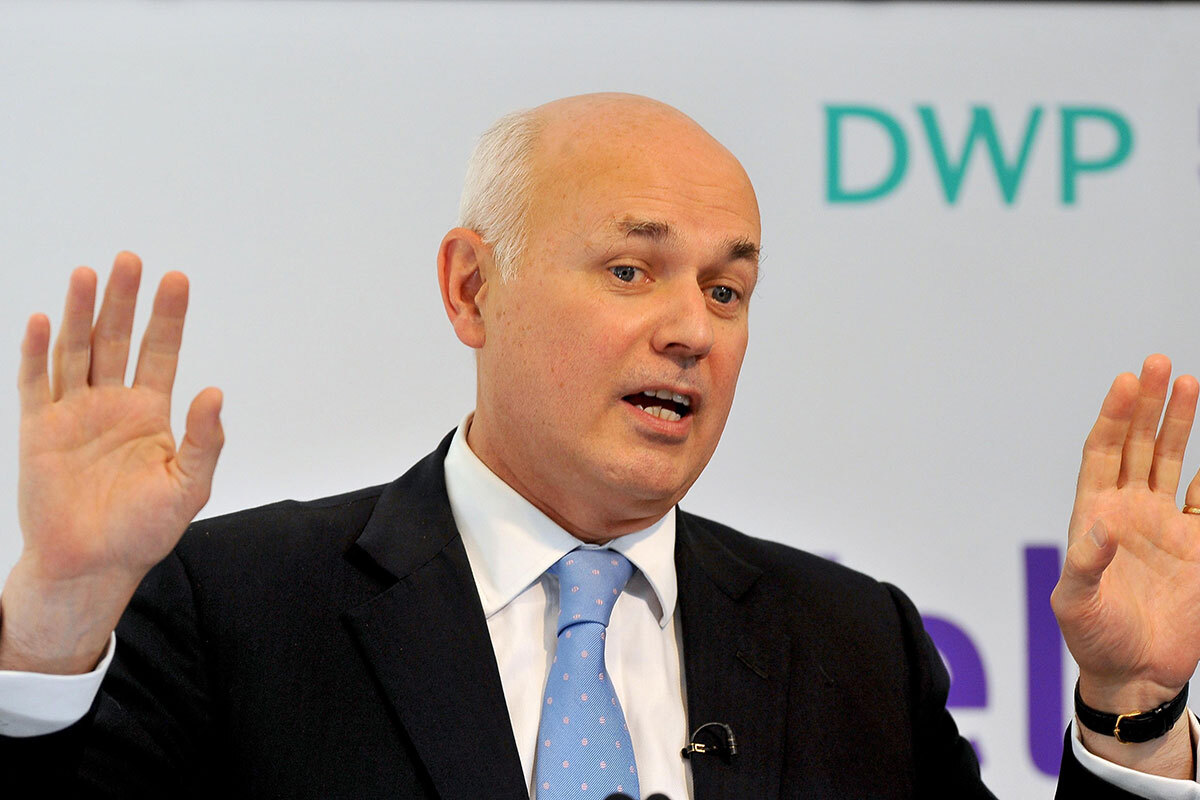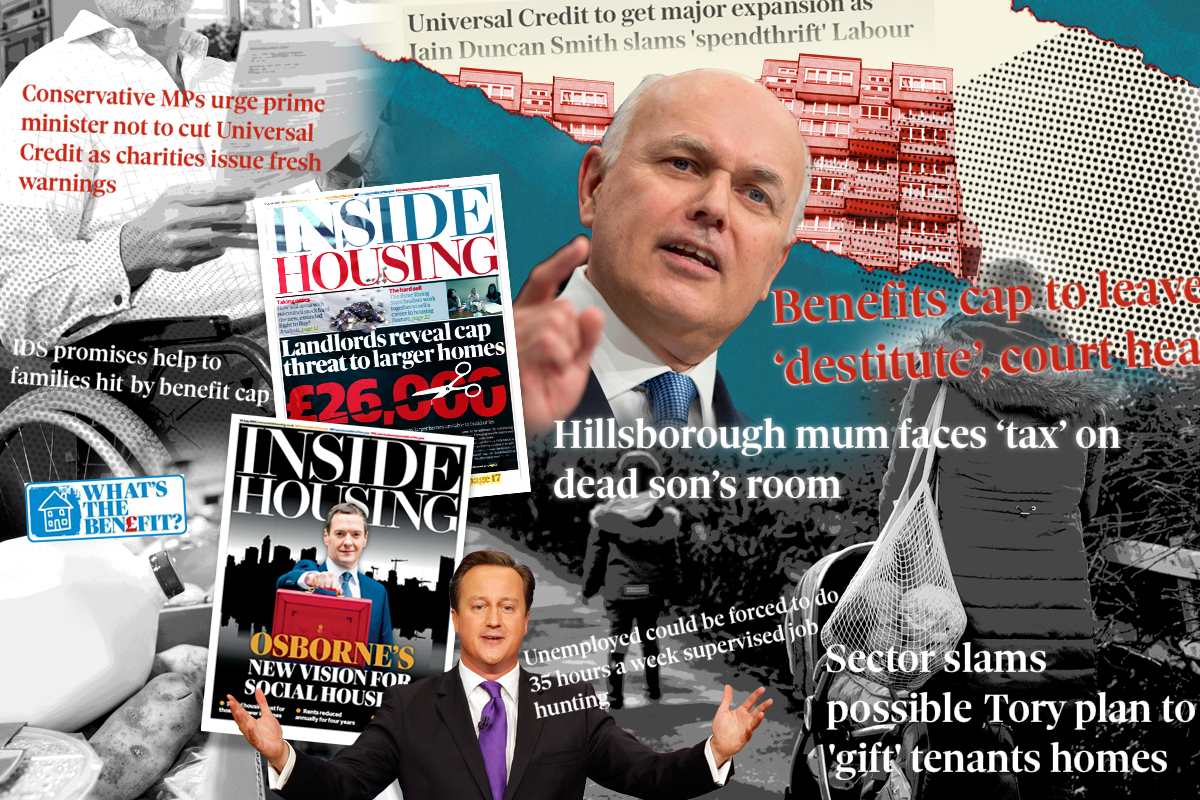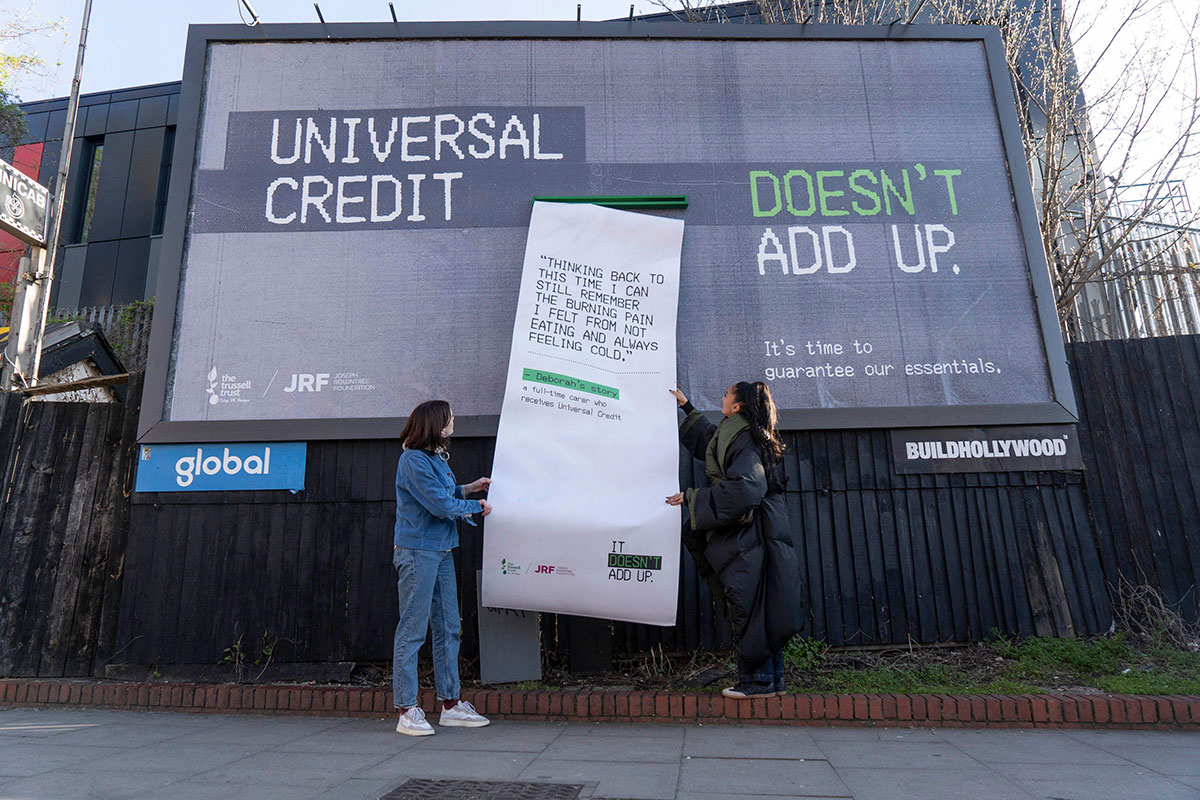
Aileen Evans is chief executive of Grand Union Housing Group
It’s time to fix our welfare system
Welfare reform has left us with a means-tested benefit system that no longer covers basic needs – or even considers them, argues Aileen Evans, as she makes the case for another shake-up of the system
As a child, I experienced the welfare system first hand.
I lived in a low-income, working-class household. My father was a miner. He worked hard. But ends didn’t always meet.
I was eligible for free school meals. Like many others, I found this a painful and humiliating experience. Every day I was forced to join the back of the dinner queue with all the other kids on free meals.
That was the reality of life on benefits. Long before the days of poverty porn and ‘curtain twitchers’, society still knew how to stigmatise those needing a hand-up. Even the kids.
“People who access the welfare system still find themselves at the back of the queue. They are still treated like second-class citizens. But it doesn’t have to be this way”
All these years on, I find myself asking, why has nothing changed?
Last year, we started to look at a piece of research into the impact of the benefit system on the lives of our tenants. Their experiences, their challenges, and some possible changes that would make things better.
The findings were clear. People who access the welfare system still find themselves at the back of the queue. They are still treated like second-class citizens.
But it doesn’t have to be this way.
The welfare system in the UK has gone through many changes. Attempts to make things easier, fairer and speedier.
It’s now a decade since the last go at fixing the system. What then-prime minister David Cameron described as “the most ambitious, fundamental and radical changes to the welfare system since it was created”.
Yet, the reality for thousands of tenants we work with every year is that we still don’t have a properly functioning system. Instead, we have a welfare maze, which is at best dysfunctional and in some areas can be almost impossible to understand.
“Welfare reform has left us with a means-tested benefit system that no longer covers basic needs – or even considers them”
Grand Union spends over £600,000 a year on support teams to help tenants claim the benefits they are due.
In large numbers of cases, administrative failings and nonsensical rules cause or compound the serious issues that people face.
It’s crushing for claimants, heartbreaking for support services like housing, and inefficient and expensive for the taxpayer.
More worrying, even when people are able to negotiate the system, the level of support is often not enough to live on.
Welfare reform has left us with a means-tested benefit system that no longer covers basic needs – or even considers them.
Instead, we have families left with impossible budgeting decisions, that are being driven deeper into poverty.
People aren’t getting a hand-up, they’re having their heads held underwater.
This is why we’ve decided to act.
A fundamental review of the system is needed. One that is based on the five principles of adequacy, accessibility, fairness, flexibility and collaboration.
This is what we are calling for in our report. And this is what we’ll be campaigning for over the next year.
The case studies set out in the document, and the line-by-line budgets that show it’s impossible to make finances stack up, will be familiar to all in the housing sector.
“If we want to avoid another generation of kids stood at the back of the queue, the time to act is now”
We hope the recommendations we’re making on what needs to change align with the views of others, too.
There is an opportunity to push for change. But we must work collaboratively.
We have the powerful stories of the people we work with each day that show the current system doesn’t work, and the statistics and insight to highlight the changes that can make an immediate and long-term impact.
We have the support of partners who will help make our case and the ears of political leaders in listening mode as we move towards the next election.
If we want to avoid another generation of kids stood at the back of the queue, the time to act is now.
Aileen Evans, chief executive, Grand Union Housing Group
Click here to read Inside Housing’s analysis of Grand Union’s Investing in the Future report
Sign up for our daily newsletter
Already have an account? Click here to manage your newsletters











